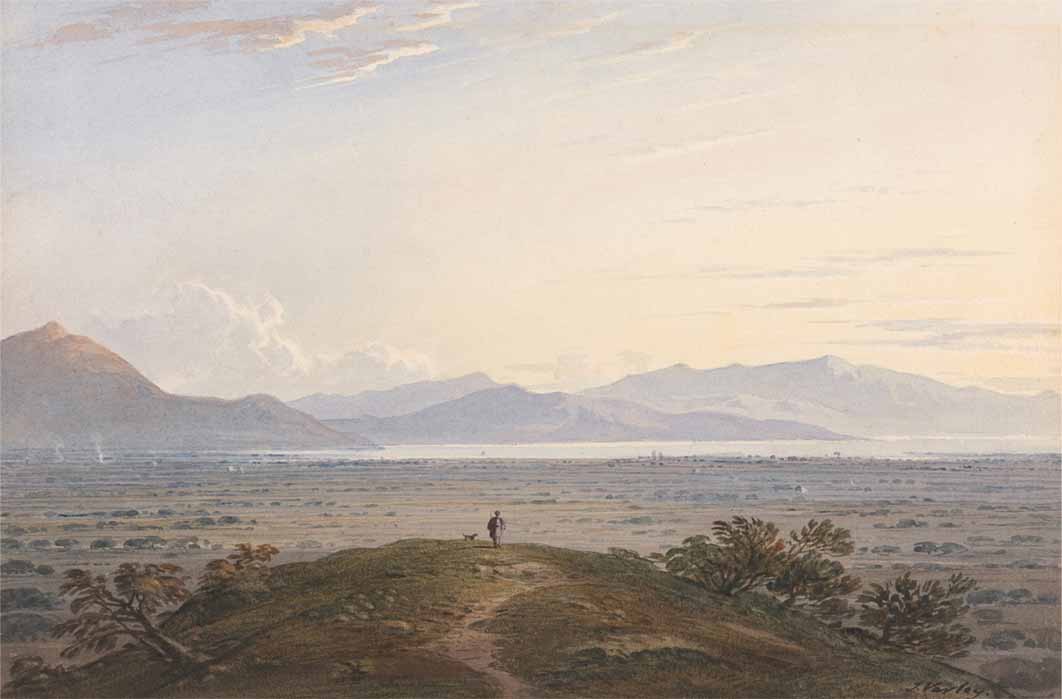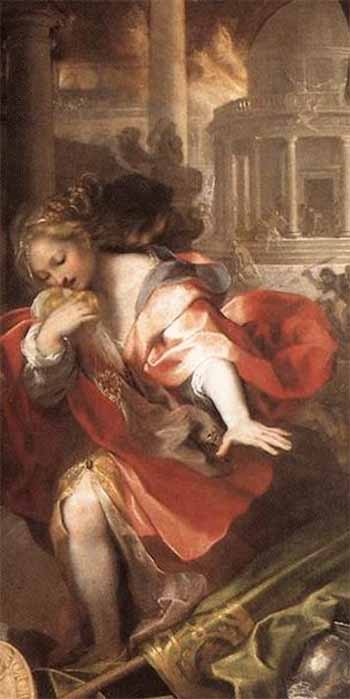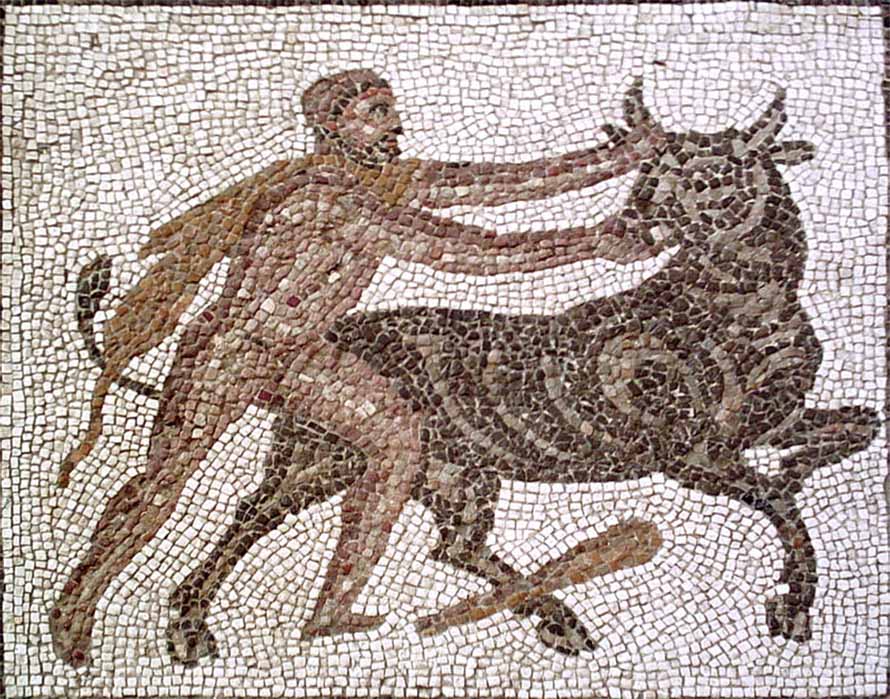
Marathon Greece: Nenikekamen, We Are Victorious!
‘Nenikekmen / We are victorious’ cried Pheidippides as he stumbled exhausted into Athens’ agora, after running over the mountain, to announce their victory over Persia in the Battle of Marathon in 490 BC. In a sense this cry heralded the victory of democracy over tyranny and despotism. A panoramic view of the plains of Marathon on the east coast of Attica, once covered with fennel (marathos) may not be the most picturesque landscape of Greece, but it is best known for the Battle of Marathon.

The Plains of Marathon by John Varley (1834) (Public Domain)
Mythology of Marathon
Yet, drawing back the curtain of the mist of mythology, the history of these plains can be traced to the lineage of Erechtheus, (circa 1397–1347 BC) sixth king of Athens. Two of the daughters of Erechtheus, were married to kings of the eastern region of Attica; one was Procris, married to King Kephalus of Thorikos and the other was Creusa, married to Xuthus, King of Marathon.
Xuthus and Creusa journeyed to the oracle of Delphi, to ask if they could hope for a child and their prayers were answered with sons who became eponymous founders of the Greek races: Ion, (Ionians) Achaeus, (Achaeans), Dorus (Dorians) – Dorus could also have been Xuthus’ brother - and a daughter named Diomede. Some hinted that Ion was conceived when Creusa had lain with the god Apollo, but she abandoned the baby and he was raised by the priestesses of Delphi. When Xuthus consulted the oracle he was instructed that the first child he would encounter on the steps of the temple, he should take as his son, and Apollo sent Ion on his way. Initially Creusa was jealous believing this to be the son of another woman, but when the priestess presented her with the cradle she had abandoned her own baby in, she recognised Ion as her own lost son.

Creusa, by Federico Barocci (1598) (Public Domain)
Xuthus was the son of Hellen, King of Thessaly, so he was recognized as a Phthian prince of Thessaly (Phthia was also later the birthplace of Achilles) and at some stage Xuthus was a king in the Peloponnese. It is not certain how Xuthus come to be King of Marathon, perhaps by marriage to Creusa, daughter of the King of Athens and Marathon was a domain of Athens, but archaeological excavations support civil-religious unity in Xuthus’ Mycenaean-era kingdom. Xuthus’ brother King Aeolus of Thessaly, had a daughter Canace, who was impregnated by Poseidon and she bore him Epopeus. Epopeus married the Theban princess Antiope, daughter of King Nycteus, and they had two children; Oenope and Marathon. Epopeus had migrated from Thessaly and settled at Sikyon, situated in the northern Peloponnese between Corinth and Achaea, where he became king. His son, Marathon escaped from the lawless violence of his father and migrated to the east coast of Attica, where he sought refuge at Marathon, as he was of lineage of Xuthus. Upon his father's death, Marathon returned to the Peloponnese, succeeding his father Epopeus as King of Sicyon and Corinth, but he divided his kingdom among his sons and again returned to Marathon in Attica.
According to Steinhauer (2009) at that time Marathon, along with Probalinthus, Tricorynthus and Oinoe formed the Tretrapolis or four city structure. Between Marathon and Probalinthus (Nea Makri) was a shrine to Hercules. The Heracleidae, descendants of Hercules, were a group of Dorian kings who conquered the Peloponnesian kingdoms of Mycenae, Sparta and Argos – the so-called Dorian invasion. (Dorus being the son or brother of Xuthus). However, they were pursued by Eurystheus, King of Mycenae and fled to Athens and became supplicants of Theseus, who could have designated them to the region of Marathon. With the armies of Eurystheus outside Athens’ gates, the oracle of Delphi advised Demophon, son of Theseus, that Athens could only be saved by a sacrifice of a noble maiden to Persephone. Makaria – daughter of Heracles, and sister to the Heracleidae - offered herself and so saved the city. The spring of Makaria on the Marathon plain is named after her. The Athenians and the Heracleidae were victorious over King Eurystheus and Iolaus buried his head at the spring.





